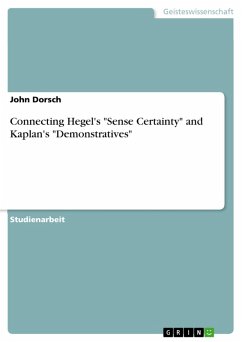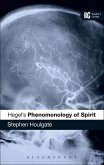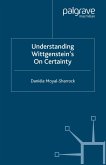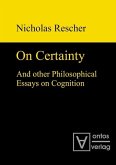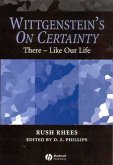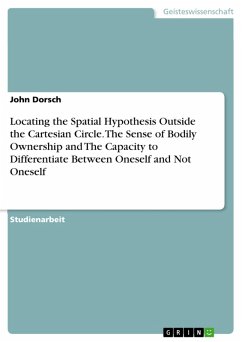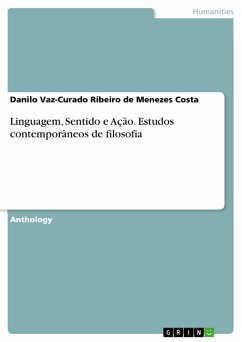Studienarbeit aus dem Jahr 2012 im Fachbereich Philosophie - Philosophie des 20. Jahrhunderts, Note: 1,3, Eberhard-Karls-Universität Tübingen, Sprache: Deutsch, Abstract: With the advancement, logic made it the late 19th century and the subsequent integration of propositional logic into philosophy. A large part of the work of Bertrand Russell has been a great divide concerning how philosophy should be done. The words idealism, speculation and holism have become frowned upon as the venacular of a mystic insight that has its pinnacle in the philosophy of Hegel. Subsequently anyone daring to research Hegel must either reject this expansion of logic altogether or deal with the backlash and resulting ostracism. Only recently something gas started to change. With Richard Rorty's book "Philosophy and the Mirror of Nature", travel passes have begun to be issued for the Trans-Atlantic voyage with many ports showing signs of a framework bridging the continental divide. In this essay I will be attempting to hammer together some of the boards of that framework. As many of these conflicts have their source in Russell's departure from idealism and his use of Fregean methods in philosophy, I'll be attempting to get at the source of this rift by collecting my lumber from Hegel's bough and from the crotch of the analytic branch. Analytic philosophers have begun to critique Frege and Russell, thus extending their surculi within reach of an essay on the Phenomenology of Mind. The burning question as to just how we are best to bring Hegel's philosophy over to the analytic shores arises. In order to address this conundrum we must first have a good understanding of what is essential to his philosophy. For after all, we haven't succeeded in preserving the Mona Lisa if we have only retained her smile. Well argued are the points made by Horstmann in his article What is Hegel's Legacy and What Should We Do With It? In it he claims the systematic holism of the philosophy of Hegel to be essential and emphasiszes that a disection would invalidate any attempt at preservation. On the other side of this debate stands Robert Brandom who claims that Horstmann's argument for a swallow it whole approach is what precludes answering the question as to how to deal with the semantically monolithic system.
Dieser Download kann aus rechtlichen Gründen nur mit Rechnungsadresse in A, B, BG, CY, CZ, D, DK, EW, E, FIN, F, GR, HR, H, IRL, I, LT, L, LR, M, NL, PL, P, R, S, SLO, SK ausgeliefert werden.

